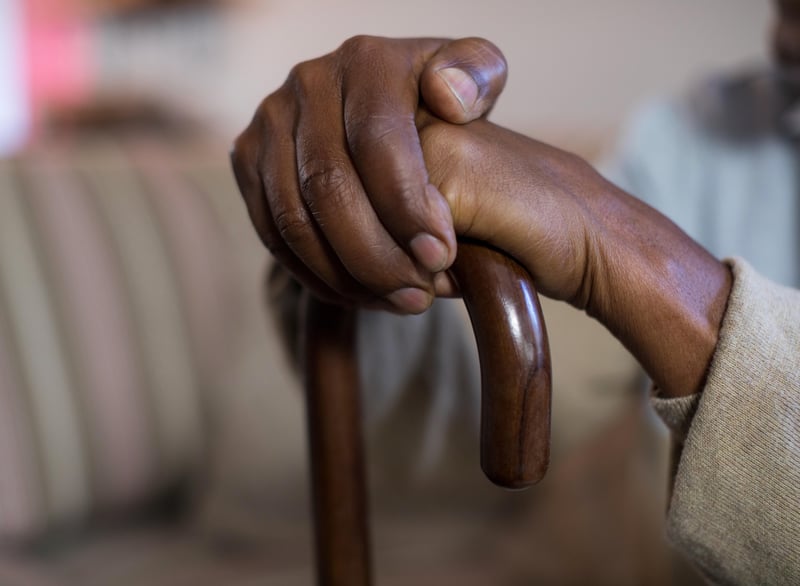Get Healthy!

- Steven Reinberg
- Posted February 2, 2023
Black Stroke Survivors Less Likely to Get Treated for Complications
Having a stroke is a life-altering experience, and complications can crop up afterwards, but a new study finds the color of your skin may determine whether you are treated for them.
In the year following a stroke, Black and Hispanic patients were not treated for common complications as often as white patients were, researchers found.
"Black patients were less likely to receive medical treatment for nearly every post-stroke complication, the largest differences were for the treatment of fatigue, depression and spasticity [muscle stiffness]," said lead researcher Dr. Kent Simmonds, from the University of Texas Southwestern Medical Center in Dallas.
"The large magnitude of treatment gaps ensures the pressing need for health care systems and providers to do a better job of actively recognizing post-stroke complications within minority populations and provide patients with explanations towards how and why medical treatment may help," Simmonds said.
These disparities exist because of a complex set of "bio-psycho-social-environmental factors," he added.
This type of study is best at identifying the what rather than the why, but the results are consistent with earlier studies that found quality stroke care is not a given, Simmonds said.
"Quality care requires cultural competence and trust between providers and their patients," he explained. "Many of the complications, such as fatigue and depression, require health care providers to dig a little deeper to identify these issues prior to offering and discussing appropriate medical treatments."
For the study, Simmonds and his colleagues analyzed the health records from 65 large U.S. health care centers of patients hospitalized for stroke between August 2002 and July 2022.
They found that Black patients were less likely to be treated for any complications except seizure, when compared with white patients. The biggest difference was in the treatment of central nervous system arousal, fatigue, muscle spasms and mood within two weeks of a stroke.
Compared with white patients, Black patients adults were 30% less likely to be treated for central nervous system arousal, 27% less likely to be treated for muscle spasms and 17% less likely to be treated for mood irregularities, the researchers found.
Hispanic patients were 20% less likely to get treatment for central nervous system arousal, 19% less likely to get treatment for muscle spasms and 16% less likely to get treatment for mood irregularities than white patients, Simmonds said.
The findings are slated for presentation on Feb. 8 at the American Stroke Association's annual meeting, in Dallas. Findings presented at medical meetings are considered preliminary until published in a peer-reviewed journal.
"It's not surprising that this study found disparities in the utilization of therapies to treat conditions like depression and seizures in Black and Hispanic adults," said Dr. Karen Furie, a spokesperson for the American Stroke Association and chair of neurology at Brown University's Warren Alpert Medical School.
It is not clear why these disparities exist, said Furie, who was not involved in the study.
"For instance, perhaps it's less likely for clinicians to screen for these conditions in certain subpopulations of patients. Perhaps there are groups of patients who are resistant to taking therapies, or there may be problems with either access to treatments, or issues concerning the expense of therapies that lead to non-compliance with recommendations," she noted.
"Fortunately, there's a lot we know about how to help patients recover, but clinicians can't treat unless patients and families make them aware of the issues of mood, level of function and potential complications," Furie said. "This study, hopefully, is one of many that will help us identify communities that need more help and help health care providers do more to standardize the delivery of care for patients and families in the post-acute period."
More information
For more on stroke, see the American Stroke Association.
SOURCES: Kent Simmonds, DO, PhD, resident, University of Texas Southwestern Medical Center, Dallas; Karen Furie, MD, MPH, spokesperson, American Stroke Association, professor and chair, neurology, Warren Alpert Medical School, Brown University, Providence, R.I.; presentation, American Stroke Association annual meeting, Dallas, Feb. 8, 2023






